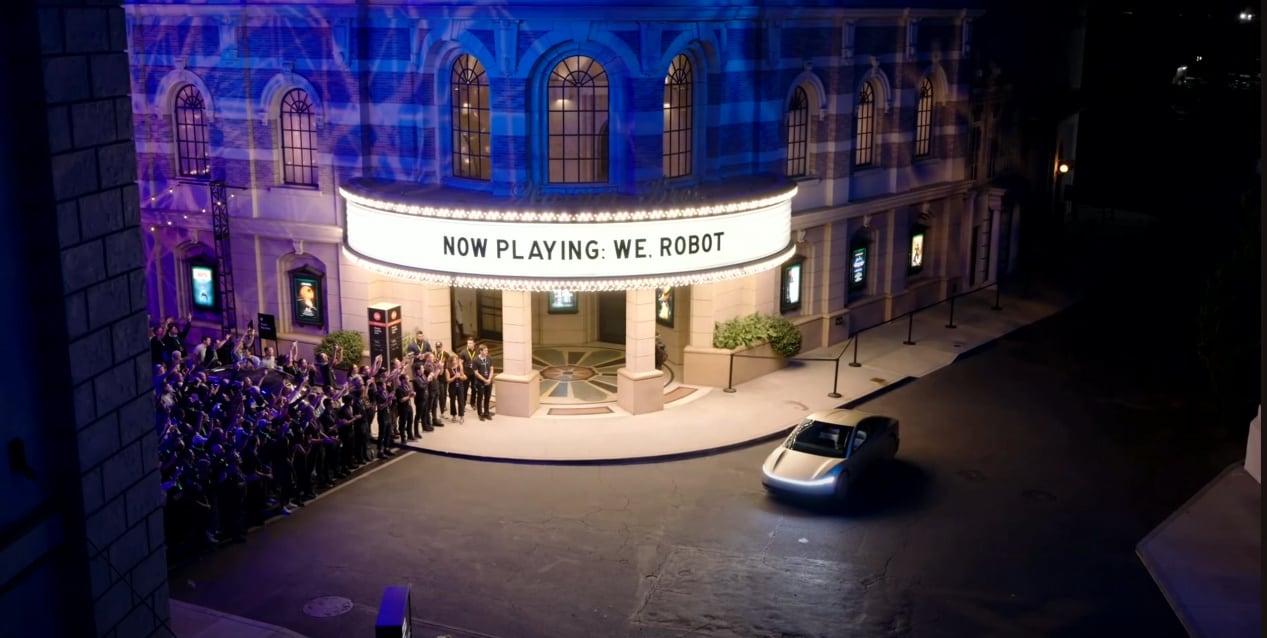AUSTIN, Texas (AP) — Elon Musk says Tesla is “tentatively” set to begin providing robotaxi service in Austin, Texas, on June 22.
In a post on his X social media platform, Musk said the date could change because Tesla is “being super paranoid about safety.”
Investors, Wall Street analysts and Tesla enthusiasts have been anticipating the rollout of the driverless cabs since Musk said earlier this year that the service would launch in Austin sometime in June.
Last month, Musk told CNBC that the taxis will be remotely monitored at first and “geofenced” to certain areas of the city deemed the safest to navigate. He said he expected to initially run 10 or so taxis, increase that number rapidly and start offering the service in Los Angeles, San Antonio, San Francisco and other cities.
Musk has been promising fully autonomous, self-driving vehicles “next year” for a decade, but the pressure is on now as Tesla actually begins to operate a self-driving taxi service. Sales of Tesla’s electric vehicles have sagged due to increased competition, the retooling of its most popular car, the Model Y, and the fallout from Musk’s turn to politics.
The Austin rollout also comes after Musk had a public blowup with President Donald Trump over the administration’s tax bill. Some analysts have expressed concern that Trump could retaliate by encouraging federal safety regulators to to step in at any sign of trouble for the robotaxis.
Ford is recalling more than 355,000 of its pickup trucks across the U.S. because of an instrument panel display failure that’s resulted in critical information, like warning lights and vehicle speed, not showing up on the dashboard.
Nvidia reported a 56% increase in second-quarter revenue and a 59% rise in net income compared to a year ago.
The Rev. Al Sharpton is set to lead a protest march on Wall Street to urge corporate America to resist the Trump administration’s campaign to roll back diversity, equity and inclusion initiatives. The New York civil rights leader will join clergy, labor and community leaders Thursday in a demonstration through Manhattan’s Financial District that’s timed with the anniversary of the Civil Rights-era March on Washington in 1963. Sharpton called DEI the “civil rights fight of our generation." He and other Black leaders have called for boycotting American retailers that scaled backed policies and programs aimed at bolstering diversity and reducing discrimination in their ranks.
President Donald Trump's administration last month awarded a $1.2 billion contract to build and operate what's expected to become the nation’s largest immigration detention complex to a tiny Virginia firm with no experience running correction facilities.
Netflix CEO Ted Sarandos claims audiences don't want to watch Netflix movies in theaters, but that seems not to be the case recently.
Chipmaker Nvidia is poised to release a quarterly report that could provide a better sense of whether the stock market has been riding an overhyped artificial intelligence bubble or is being propelled by a technological boom that’s still gathering momentum.
Cracker Barrel said late Tuesday it’s returning to its old logo after critics — including President Donald Trump — protested the company’s plan to modernize.
Low-value imports are losing their duty-free status in the U.S. this week as part of President Donald Trump's agenda for making the nation less dependent on foreign goods. A widely used customs exemption for international shipments worth $800 or less is set to end starting on Friday. Trump already ended the “de minimis” rule for inexpensive items sent from China and Hong Kong, but having to pay import taxes on small parcels from everywhere else likely will be a big change for some small businesses and online shoppers. Purchases that previously entered the U.S. without needing to clear customs will be subject to the origin country’s tariff rate, which can range from 10% to 50%.
Southwest Airlines will soon require plus-size travelers to pay for an extra seat in advance if they can't fit within the armrests of one seat. This change is part of several updates the airline is making. The new rule starts on Jan. 27, the same day Southwest begins assigning seats. Currently, plus-size passengers can pay for an extra seat in advance and later get a refund, or request a free extra seat at the airport. Under the new policy, refunds are still possible but not guaranteed. Southwest said in a statement it is updating policies to prepare for assigned seating next year.
Cracker Barrel is sticking with its new logo. For now. But the chain is also apologizing to fans who were angered when the change was announced last week.













